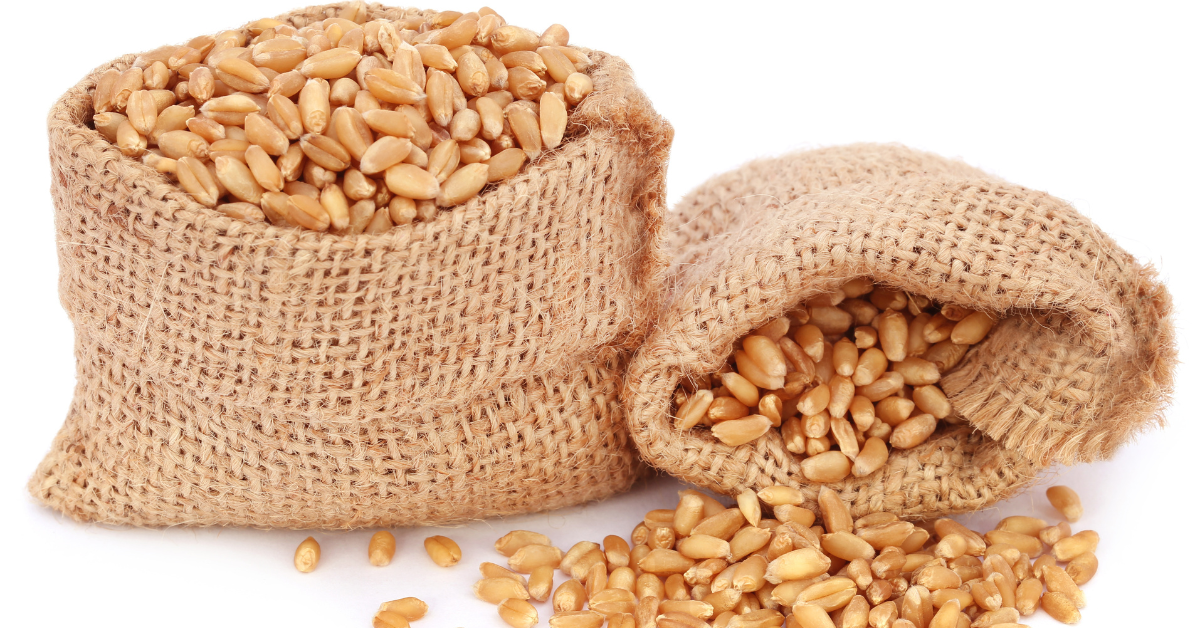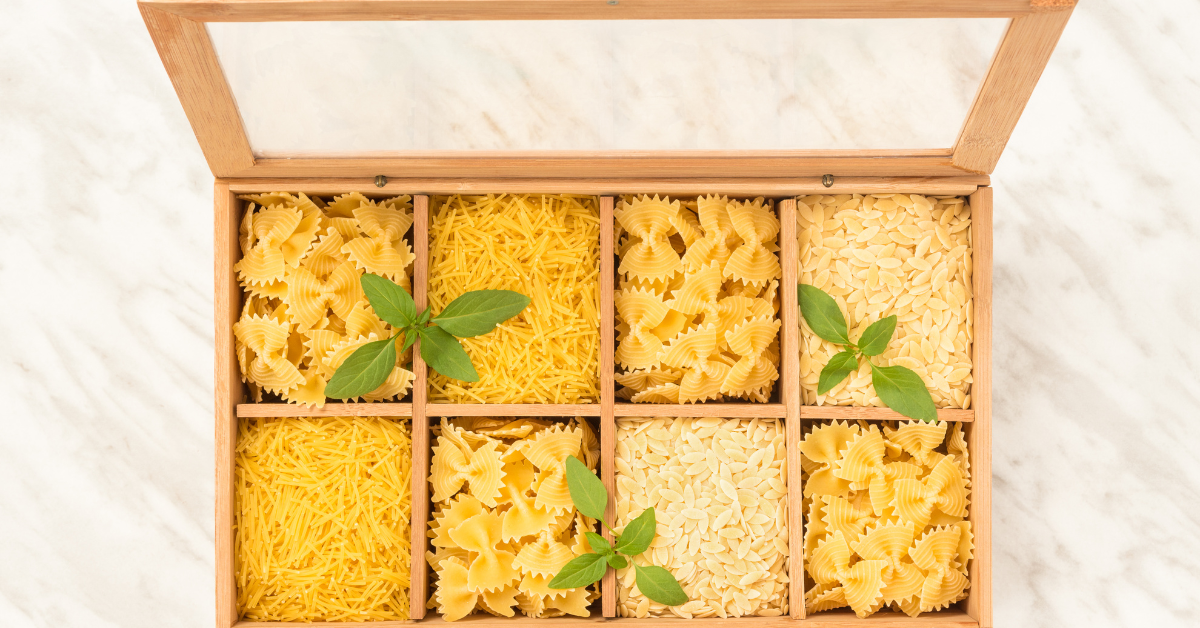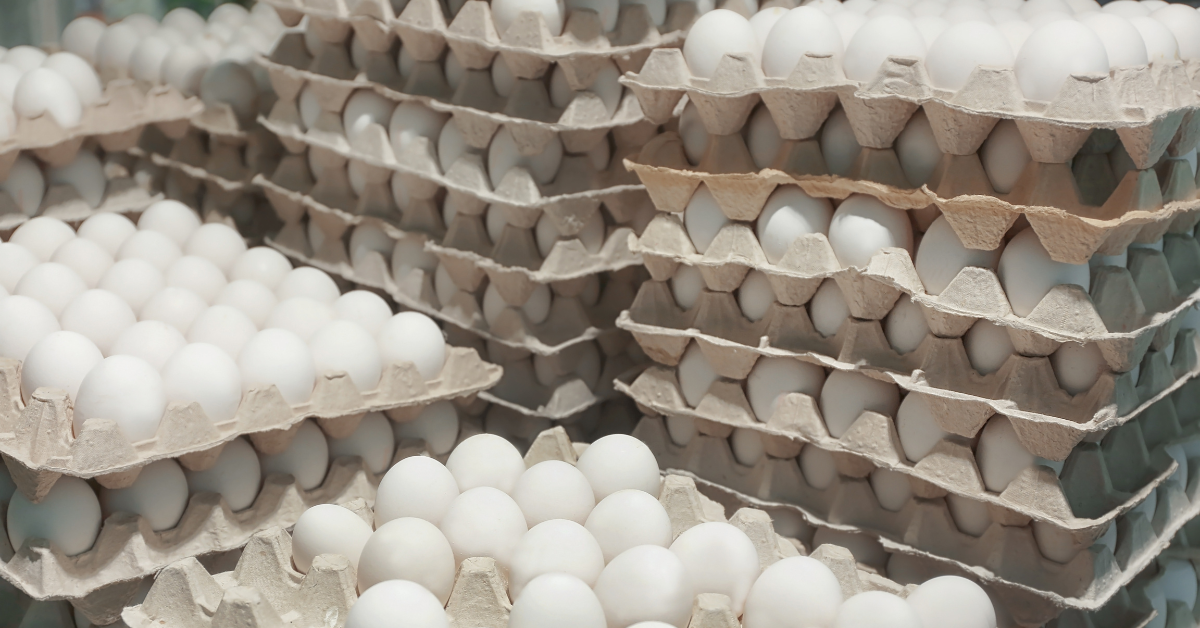Having a robust food storage plan is critical for emergency preparedness. From short-term disruptions like blizzards to long-term shutdowns to food access in the aftermath of a civil war– how you feed yourself and your family will depend on what you’ve prepped ahead of time.
There are many items to consider when building out your food storage, but shelf-stable protein should be at the top of your list.
Keep reading to learn about shelf-stable foods, and for our recommendations for the high protein non-perishable foods you should keep in your pantry.
A Definition for Non-Perishable and Shelf-Stable Foods

Non-perishable and shelf-stable food can easily be stored at room temperature and in a sealed container. Usually, shelf-stable foods are items that would normally have to be refrigerated, but because they’ve been processed, they can be safely stored on your pantry shelves for a prolonged period.
|
Shelf-Stable Food Storage Chart |
||
|
Food |
Storage on Shelf |
Storage After Opening |
|
Low-acid canned goods |
2-5 years |
3-4 days in the refrigerator |
|
High-acid canned goods |
2-5 years |
3-4 days in the refrigerator |
|
Jerky |
12 months |
Refrigeration is not necessary |
|
Dried Pasta |
2 years |
After cooking, 3 to 4 days in the refrigerator |
|
Rice |
2 years |
After cooking, 3 to 4 days in the refrigerator |
|
Freeze-dried and dehydrated foods |
Unopened dried products can be stored at room temperature indefinitely |
Refrigeration is not necessary unless reconstituted |
Some of the most classic examples of non-perishable and shelf-stable foods are canned fruits and vegetables, canned soup, and boxes of stock or broth.
But what about protein sources? What are some examples of the best non-perishable protein? Let’s discuss more.
The Importance of Protein For Your Body
Before we get into our list of the best shelf-stable proteins, we think it’s important to discuss why protein matters in the first place.
-
Your body requires protein for the growth and maintenance of tissues.
-
Proteins and enzymes facilitate critical chemical reactions in your body, like digestion, energy production, blood clotting, and muscle contraction.
-
The chains of amino acids inside different proteins make up some of your body’s hormones, like human growth hormone, and transmit info between your organs, cells, and tissues.
-
Fibrous proteins, such as keratin, collagen, and elastin, provide parts of your body with structure, rigidity, and strength.
-
Proteins help your body maintain proper pH values of blood and other bodily fluids.
-
Proteins in your blood maintain fluid balance and transmission between your bloodstream and surrounding tissues.

Shelf-Stable Animal Proteins
For many of us, animal meats are our go-to source of proteins. However, fresh meat may be hard to come by in the aftermath of a disaster or emergency scenario. Therefore, we recommend having a selection of non-perishable protein prepped ahead of time.
Canned Meats
Canned meats, like spam, are full of protein and make for a super reliable and convenient way to get extra protein. Plus, Spam’s shelf-life is impressively long.
In addition, a three-ounce can of tuna contains roughly 20 grams of protein, along with other important vitamins and minerals like B12 and selenium.
Jerky
Whether you just need a quick snack or want it to be the main protein source for one of your meals, jerky is the perfect portable protein source. You can get anything from the classic beef jerky to chicken, salmon, tuna, and turkey jerky.
Pemmican
Pemmican is similar to jerky. It combines tallow, animal meat–traditionally bison, moose, caribou, deer, beef–and sometimes other ingredients, such as dried berries. It’s a calorie-rich and protein-rich food that can be eaten by itself or incorporated into other meals.
Shelf-Stable Plant Proteins
Believe it or not– you do not need to rely solely on animal meat to get your protein. There are tons of plant-based proteins that you should also be incorporating into your diet.
Legumes
Legumes like lentils and beans are protein powerhouses. Whether you decide to keep cans of beans or bags of dried beans, you can benefit from one of the most protein-dense plants.
Besides their nutritional value, legumes make sense for prepping because they have a long and reliable shelf life. Not to mention they are delicious and can be incorporated into your diet in various ways.
Seeds, Nuts, and Nut Butter
Some of the most underappreciated protein sources are seeds, nuts, and nut butter. That’s probably because we think something so small couldn’t possibly contain much nutrition.
On the contrary, some seeds and nuts can contain roughly 20 grams of protein per cup. Not to mention they also have healthy fats, fiber, and other essential vitamins and minerals, like calcium.
Add walnuts to your oatmeal, top your salads with almonds, or eat handfuls of sunflower seeds. Whatever the case, you’re going to get super valuable protein.
And don’t forget the nut butter. For example, peanut butter hardly ever goes bad and is highly nutritious.
Freeze-Dried and Dehydrated Proteins
There is nothing more shelf-stable and non-perishable than freeze-dried and dehydrated food. That’s why we’ve invested our time to professionally prepare and package the highest quality dried foods that last on your shelf for 25+ years.
Freeze-Dried Meat
One of the best sources of protein is animal meat. To make the meat even better, we've freeze-dried it to have a shelf life of over two decades. Whether you prefer chicken, sausage, or beef, we have any freeze-dried meat you could want.
[product_render product-handle="freeze-dried-meat-bucket"]
Powdered Eggs
Freeze-dried eggs are a prime protein source. They can sit on your pantry shelf for practically forever and still be edible long after the grocery store shuts down and you stop having access to fresh eggs.
Powdered Milk and Cheese
Fresh dairy products are notorious for spoiling prematurely. We’ve fixed that problem by freeze-drying milk and shredded cheese. With our freeze-dried milk and cheese, you can enjoy the protein-rich benefits of dairy products far into the future.
Recommendations for Incorporating Proteins Into Your Diet
We all know that protein is essential. In an emergency situation, how can you make sure that you have all the protein your body needs? Valley Food Storage has a lot of meal ideas available to help you get the nutrients you need, without having to just eat beans all day every day.
-
Do make sure you have plenty of beans. These form a cornerstone of any protein-rich diet and are an excellent shelf stable protein.
-
Think about different meals. What do you want for breakfast vs. dinner? Pancakes with some protein powder are a great way to start the day!
-
In an emergency situation, a little normalcy can go a long way. Take inspiration from your usual dinner choices and find ways to make them non perishable. Your family will be thankful for some mac and cheese with sausage crumbles to help make life feel a little more routine.
-
Consider what might be easiest to pack up if you need to leave in a hurry. This is likely to be small bags of jerky or other freeze dried meats, which become significantly lighter when dried.
-
The quality of meat varies greatly. You want your family to have the best proteins, so be picky about where you buy your dried meats. Valley Food Storage uses simple, high quality ingredients and comes with a quality guarantee.
When difficult times come, we want to be ready to fuel our bodies as well as our hearts, so having food that you can get excited about can make everything a little easier.
Final Thoughts–Protein is a Critical Part of Every Diet
Protein is a critical part of your diet– without it, your body would begin to break down and not perform at its best. To avoid the consequences of protein deficiency, it’s essential to plan ahead by prepping a wide selection of shelf-stable protein sources.
Canned meats, jerky, and bags of beans are good. But nothing will last as long on your pantry shelves as our freeze-dried protein products, like meat, eggs, milk, and cheese.
So if you want to keep yourself and your family safe and fed in the aftermath of an emergency and long after grocery stores shut down, there’s really no better option than Valley Food Storage.



